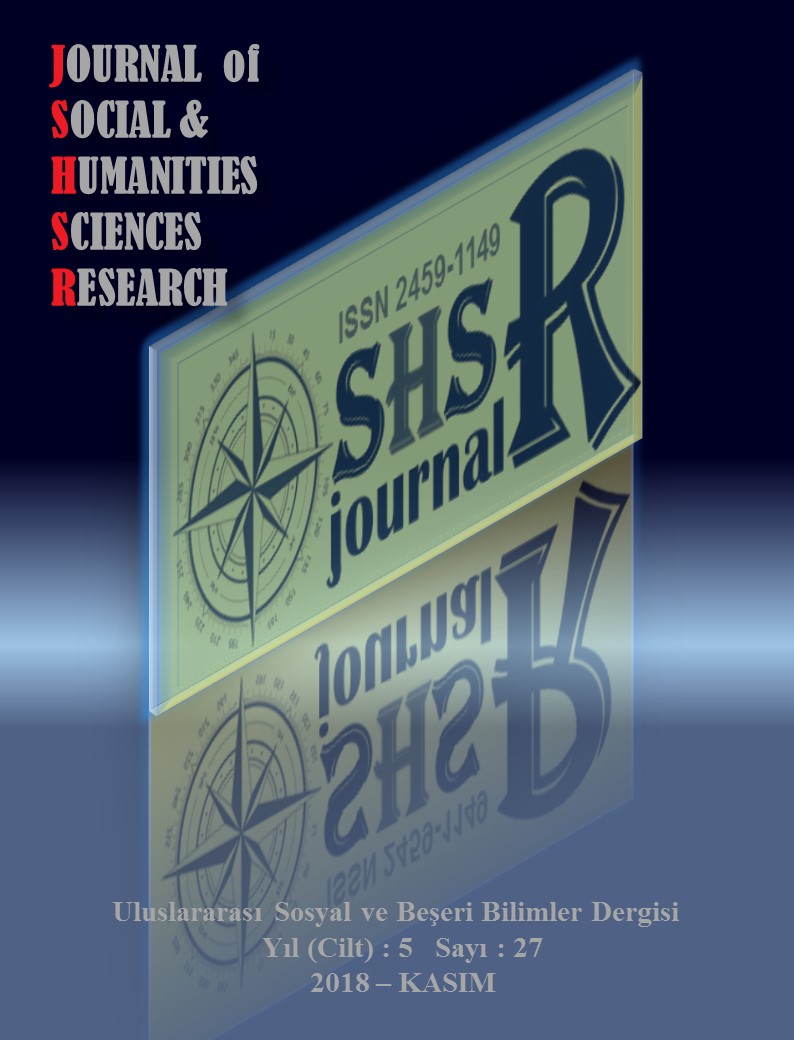EFFECTS OF NOMOFOBININ SLEEPING AT UNIVERSITY STUDENTS
DOI:
https://doi.org/10.26450/jshsr.598Keywords:
Students, Nomofobi, Smart Phone, Sleep DelayAbstract
Objective In this research, students can not reach the phone when they live in anxiety (NOMOPHOBIA) has examined the relationship between sleep procrastination.
Materials and Methods: The study was applied to students studying at Selcuk University. Quantitative research design was used and a total of 300 participants (104 male, 196 females) were included in the study. Nomophobia scale and sleep deceleration scale were used in the study. The Nomophobia Scale is a 20-item scale developed by Yildirim et al. (2015) and adapted into Turkish by Yildirim et al. (2015). The scale is a 5-point Likert-type scale which is scored from 1 to 5 of 20 items. The sleep procrastination scale was developed by Kroese et al. (2014) and was adapted to Turkish by Dinç et al. (2016). The reliability of the scales was 0.801 and 0.709 respectively.
Results: The students who participated in the study; 34.7% (104) were male, 65.3% (196) were female. The percentage of the students who lived before the university settled in the research was; 14.7% (44) of the villages, 4.0% (12) of the town, 31.7% (95) kasaba i county, 49.7% (149) ’i was identified as the provincial center.
Conclusion: As a result of the research, a significant difference was found between the sleep delay and telephone addiction of the students. As the phone addiction increases, students postpone their sleep.
Downloads
Published
How to Cite
Issue
Section
License
Copyright (c) 2018 INTERNATIONAL JOURNAL OF SOCIAL HUMANITIES SCIENCES RESEARCH

This work is licensed under a Creative Commons Attribution 4.0 International License.


